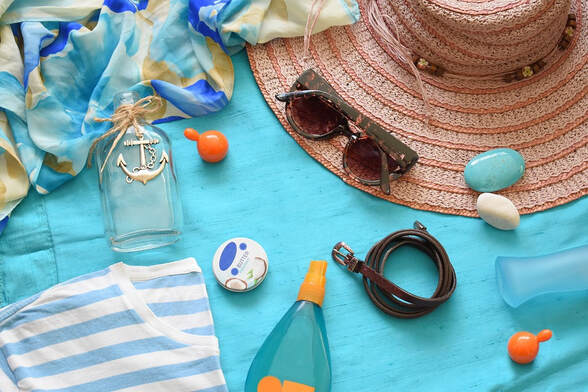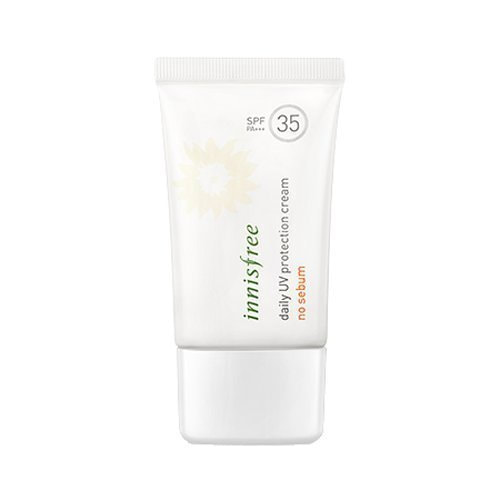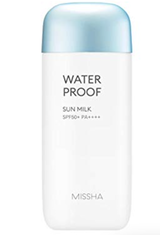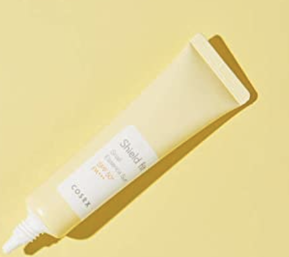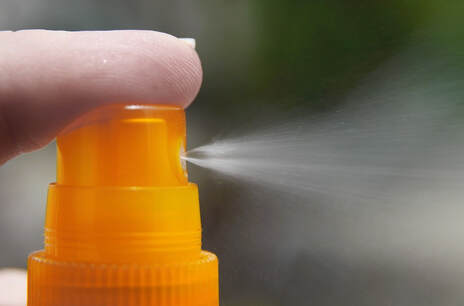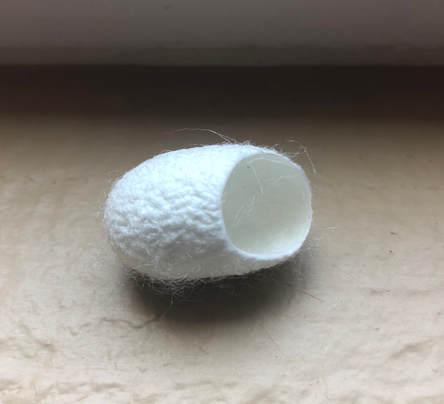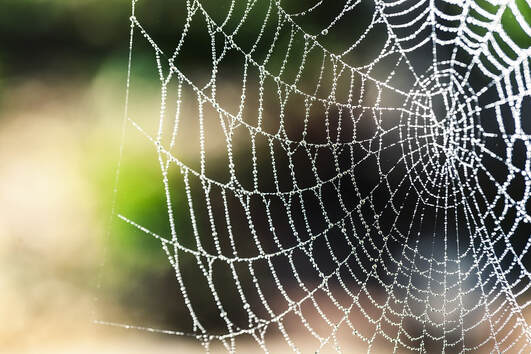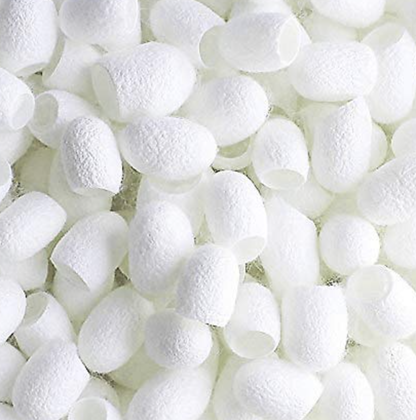|
Introduction
Welcome to summer! With summer fun comes an increased need for skin care, not just from being outdoors but also from a variety of skin faces: blasts of arctic AC, salt and sand from the beach, and most urgently, the intense rays of the sun. Even if you're not planning to spend a day at the beach, something as seemingly harmless as a walk from the parking lot to your car under intense summer rays can wreck havoc on your face. But don't fear--quality sunscreen that is both lightweight and protective can work as an effective shield to the harmful sun's rays, and be applied with foundation or make-up with no issues. Read on for some of my tried-and-true Korean sunscreen products. Background When you’re at the beach—or just stepping out for coffee on your lunch break—the sun’s invisible rays are constantly beating down, even through a cloudy day. Ultraviolet (UV) radiation is what gives us a tan and also damages our DNA, which can lead to skin cancer in worse cases. (For more about the science of UV rays and sunscreen, as well as an explanation on SPF meanings, see my post "How Sunscreen Works.") As I mention in this post, sunscreens are one of our first—and best—defenses against the sun. For a primer on the science of why and how, see my article "The Best Way to Protect Your Skin From Aging, According to Science." To summarize:
Sunscreens in the range of SPF 15-50 can prevent this. However, most people skip the sunscreen because they're often greasy, have a white sheen and clog pores. That's where the beauty of Korean cosmetics come in! You can find great, quality sunscreens at very affordable prices, which make it easy to make sunscreen a daily habit and incorporate it into your morning routine. A note about Korean sunscreens Korean sunscreens often have a more pleasant consistency, texture and smell than cheap sunscreens from the grocery store. What's more, they are effective and long-lasting. It's also important to know while shopping for your next favorite sunscreen: Aside from the SPF number, many Korean sunscreens use a rating system based on the persistent pigmentation darkening test, where plusses after the letters PA indicate the sunscreen's protection against the sun (specifically, UVA rays). You'll want a sunscreen that is at least 3, ideally 4, plusses after PA for maximum protection. And now, my top Korean sunscreens for the face and skin that won't leave your face greasy and will protect you from the sun. Top Korean Sunscreens For Your FaceInnisFree
MISSHA
COSRX
OTHER POPULAR BRANDS
Final Thoughts
No matter which SPF you choose, a daily sunscreen is incredibly important for your face, even if you aren’t at the beach. Remember, sunscreen is the single most important thing you can do to help your skin age healthfully and gracefully! After a day of fun in the beach or sun, make sure to wash with a cream or foam cleanser (ideally both) and toner/moisture as part of a full or modified 7-step skincare routine.
0 Comments
Introduction Silkworm cocoons: add it to the list of insect and animal products you probably never imagined was good for your skin. It sounds too odd to be true, but while perusing popular skincare products in South Korean beauty shops, I inevitably came across small bags of a dozen or so of these silkworm cocoons. After getting over an initial squirminess, my curiosity won out. I had to try it. Fans and companies rave about how rubbing silkworm cocoons on your face results in gentle and precise exfoliating, ultimately leading to healthier, softer skin. I did some investigating to see what is known about silkworm cocoons and skincare and found some interesting facts. Believe it or not, you are probably already using a silkworm cocoon ingredient on your skin without realizing! More on that shortly. A short biology lesson on silkworms Silk, of course, has been a popular material for centuries across the globe, cultivated from insects like spiders or, most commonly, the silkworm species Bombyx mori. Silkworms hatch from eggs and begin as caterpillars called larva. Shortly after they are born, the caterpillars spin cocoons. They essentially spit out strands of silk from their mouths, which are made up of saliva packed with nutrients from digested mulberry leaves, to spin their cocoons. Once the caterpillars are done their creation and nestled inside the cocoon, they shed their skin to transform to their next phase (at this transition stage they are called pupae). After a few weeks, the insect uses its spit to dissolve the cocoon and emerge as a moth. Believe it or not, in many countries eat the pupae, preparing them as a variety of snack foods and cuisine. But for the purposes of skincare, our interest is in the cocoons that are left behind: in particular, specific proteins that make up the silk cocoon’s structure. A closer look the special ingredient in silkworm cocoons Silkworm cocoons—usually smaller than ping-pong balls and dried to a tough texture--contain a key protein identified to be beneficial in skincare, sericin. This material is usually discarded as a waste during the process of silk production, but more and more cosmetic and medical efforts are exploring this underutilized protein. Sericin contains 18 amino acids (most notably serine, aspartic acid, and glycine) and makes up about 20-30 percent of a cocoon’s weight. The sticky, gummy sericin encloses another protein called fibroin. Together, they make folds of porous sheets that create the walls of the cocoons. Sericin is digestible, biocompatible and biodegradable and its ability to adhere and retain moisture has resulted in widespread interest in exploring its use for pharmaceutical and cosmetic purposes. Potential medical and scientific uses of sericin, or silkworm cocoon material, include: -for wound and regenerative healing (creating a film material to cover a wound and function as an “artificial skin” or bandage material) -for surgical sutures -for anti-oxidation, anti-bacterium, anti-coagulation materials -as a biomaterial for contact lenses -as a supplement to relieve constipation or potentially prevent diabetes (there are limited studies on this) -as a hydrogel to deliver drugs or cells in tissue engineering and regenerative medicine -to aid in bioimaging -to aid in dispersing UV (ultraviolet) radiation, such as in sunblock The use of silkworms cocoons in skincare Silkworms and sericin has been studied for many potential benefits for strengthening and conditioning hair, skin and nails. Cosmetic studies going back to the 1980s have examined the material’s use in hair conditioners and nail products to prevent brittleness, for example. Today, sericin powder or sericin hydrolysate is used in make-ups, lotions and hair conditioners, so you may have been using silkworm protein already without knowing it! When it comes to skin and face care, sericin has been hailed for having anti-wrinkle, anti-aging benefits, as well as for promoting skin elasticity and moisturizing. Let’s take a closer look at how sericin achieves these effects. In several studies, sericin was reported to improve the skin barrier and production of collagen and fibroblast, both useful in firming up the skin (and thus potentially reducing wrinkles). A study in the Journal of Cosmetic Dermatology evaluated volunteers’ skin after applying sericin and confirmed its moisturizing effect, finding the top layer of facial skin cells hydrated and smooth after application. The study suggested that sericin not only minimized water loss on the surface of the skin but also actively restored what’s called “natural moisturizing factor” or NMF. NMF is a group of components produced normally by the skin including amino acids, hyaluronic acid, lactate, urea and pyrrolidone carboxylic acid (PCA), all identified as essential for skin health. How to use silkworm cocoons on your face for exfoliation and moisturizing Given the potential benefits of sericin, the new fad of silkworm cocoon exfoliation is perhaps not surprising. If you are interested in trying it out, see below for my walk-through of tips. The cocoons come in packages often marketed as “silk balls” or “peeling balls.” They look like oval Styrofoam packing peanuts or white mini Cadbury eggs, but covered in delicate strands. The cocoons are hollowed and open on one side, large enough to fit on the end of a finger to aid with facial scrubbing. Most references suggest soaking the cocoon right before use in warm-to-hot water for a few minutes to soften its texture, which feels like firm cardboard. After a brief soak, place the cocoon on your finger and gently scrub in a light circular motion over a washed face, particularly focusing on any problem areas. Silkworm cocoons are billed as ‘blackhead removers.” I wouldn’t go that far, but given how much more precise you are able to be with such a small exfoliator, I did find it useful to work the cocoon gently around the edges of my nose. And that’s it! Throw away the cocoon (one-time use) and moisturize as normal before bed. Try for a few weeks to see if your skin experiences less wrinkles and a softer texture, as reported by some reviewers. Word of caution Are there any potential side effects to using silkworm cocoons on your face? I have not come across any documented risks of using silkworm cocoons as exfoliators, but everyone’s skin is different. I recommend, as with any new cosmetic or product, to test a small amount first to gauge your skin’s reaction. And please, don’t try a DIY (“do it yourself”) version of the cocoons. As with any animal-based cosmetic and skincare product, sterilization processes are extremely important. With a DIY approach you risk bacterial infections or worse. Stick with the brands! Silkworm cocoons for exfoliating: conclusion So what’s the verdict? I’ve seen many bloggers rave that their skin was softer after a few days or weeks of use. But as with all cosmetic and skincare products, there are no be-all, end-all ingredients that will bestow on us the fountain of youth or everlasting health and beauty. However, silkworm cocoons (and my other favorite, snail slime) both have risen up the ranks in cosmetics and skincare lately and are worth a try. Just make sure you get a product from a reputable company. See below for additional reading recommendations, references and the silkworm cocoon (“silk ball”) brand I use. This recommendation is solely based on my own experience. Your skin might respond better to a different product, so test, test, test! Additional ReadingReferences
|
About MeI use my background in molecular biology and science to dive into what makes Korean skincare and cosmetic products so effective. Then, I share my findings with you all! infographic |
